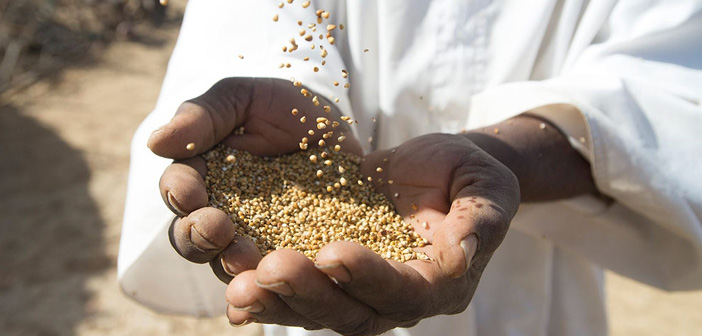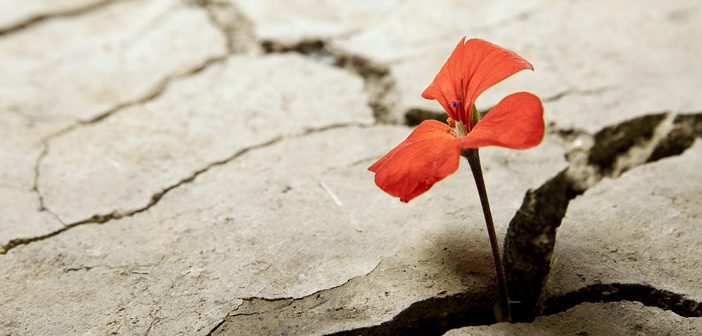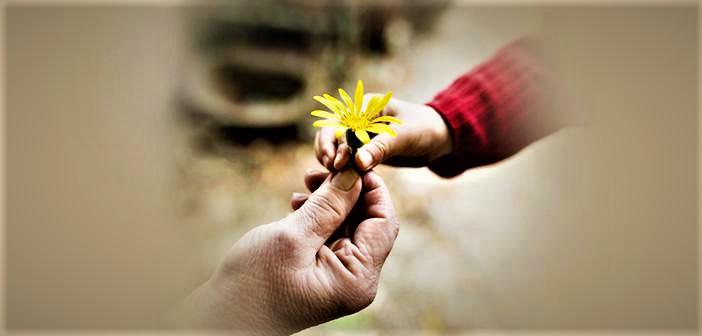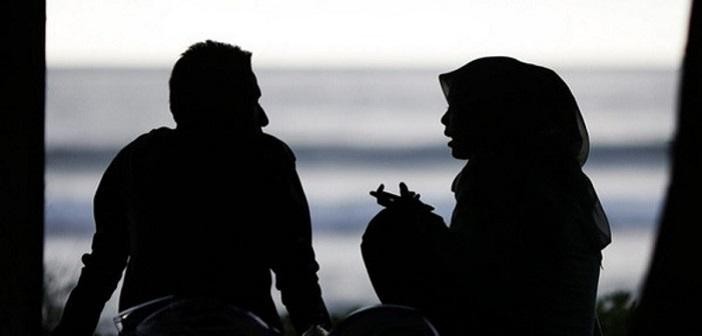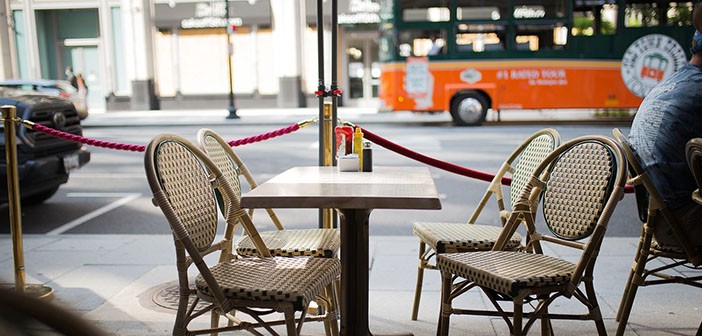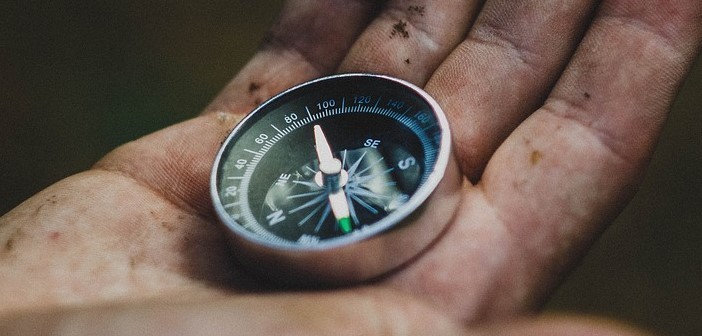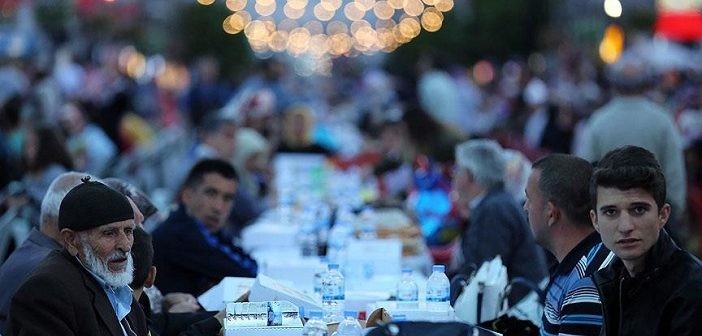
Fasting: A Revolution Against the Ego
Fasting, one of the five pillars of Islam, is not merely a state of hunger and thirst but also a struggle to control the ego (nafs). Fasting initiates a revolution within a person’s inner world, disciplining the ego and enabling lasting positive changes in the believer’s spiritual journey. In this sense, fasting is a revolution against the ego. As mentioned in a hadith, our relentless enemy, the ego, lies in wait for the slightest moment of heedlessness to take control and enslave us. When the ego dominates a person, all their faculties rebel against them: the stomach becomes gluttonous, craving whatever it desires; the eyes take pleasure in looking at what Allah has forbidden; the tongue indulges in gossip and idle talk; the feet and hands chase after worldly pleasures. Controlling these faculties and submitting them to the pleasure of Allah is no easy task. For this reason, our Lord has bestowed upon us the great blessing of Ramadan fasting. This blessed month is when Satan is chained, and the ego is weakened and reformed through hunger.
Revolution Against the Lust of the Stomach
The ego’s primary source of energy and greatest pleasure lies in eating and drinking. Especially in our era of abundant food, each of us lives under the threat of becoming enslaved to our stomachs. While humans must eat to survive, living solely to eat more disrupts the natural balance of creation. The Prophet (peace and blessings be upon him) highlighted the harm of gluttony in a beautiful hadith: “No human ever fills a vessel worse than the stomach. A few morsels are enough to keep a person upright. If one must eat more, then let them fill one-third of their stomach with food, one-third with drink, and leave one-third for breathing.” (Tirmidhi, Zuhd 47)
Today, one of the greatest threats to human health is obesity, caused by overeating and overdrinking. Through fasting, we learn how to curb our ego’s lust for food. The key is not to undo our daytime efforts at night by overeating during iftar and suhoor, squeezing three meals into two. If we carry the habits of minimal consumption and hunger cultivated during Ramadan into every aspect of our lives and throughout the year, we will have achieved a true revolution.
Revolution Against the Ego’s Selfishness
Islam is a religion of community; the philosophy of “every man for himself” is alien to Muslims. All believers are like the limbs of a single body. The Prophet (peace and blessings be upon him) said: “He who does not concern himself with the affairs of Muslims is not one of them.” (Hakim, Mustadrak, Riqaq, IV, 459) Another hadith states: “He who sleeps with a full stomach while his neighbor goes hungry is not one of us.” (Hakim, 4/167) This is a clear warning against selfishness. Ramadan, with its iftar tables, zakat, fitr, and charitable efforts, is a financial revolution against selfishness. As our stomachs grow hungry, we better understand the plight of the oppressed around the world, feeling a fraction of what our brothers and sisters in Gaza, who go without food and water for months, endure. InshaAllah, this blessed Ramadan, as in previous years, we will extend our hands to oppressed Muslims worldwide through zakat and charity.
Revolution Against Haram (the Forbidden)
Modern lifestyles constantly push us toward consumption. The ideal human, in this view, is the consumer. However, during Ramadan, we realize that we can survive on minimal food, carefully calculating what enters and leaves our stomachs. Those who consume less spend less, and those who spend less can easily earn their sustenance through halal means. The essence is to avoid haram earnings and doubtful gains. Fudayl ibn Iyaz said: “Allah records as truthful those who are mindful of what enters their stomachs. Therefore, be careful of what you eat.” (Ihya) According to the Sufis, everyone’s fasting varies based on their spiritual state. The fasting of ordinary people involves abstaining from physical pleasures, as they struggle to avoid sins like backbiting and lying due to ignorance and heedlessness.
Revolution Against Heedlessness and Ignorance
Ramadan is the month of the Quran, the month of knowledge and worship, as our noble Book began to be revealed in this month. Blessed by this month, people engage with the Quran more than at any other time, reading it and listening to its recitation. To make this mobilization against ignorance permanent, we must read the meanings of Allah’s words from tafsirs (exegeses) and live by what we read. The solutions to the problems plaguing modern humanity—alcohol, gambling, drugs, depression, anxiety, anger, greed, and countless others—are found in the Quran. Let us make the most of this blessed month to understand the Quran and eradicate all forms of ignorance and moral weakness through Allah’s words.
Let us not only read the Quran during this blessed month but also make it the center of our lives. The recent victory in Gaza demonstrates that people who live by the Quran are invincible. Hearts illuminated by the Quran cannot be defeated by any worldly power.
Revolution of Reflection (Tafakkur)
Let us fill our fasting hours with reflection (tafakkur). Let us set aside ego-driven thoughts like “What should I eat or wear?” and instead ponder existential questions: “Why were we created? Where are we headed? Are we prepared for the journey?” Let us review our lives: Are we on the path Allah desires for us, or are we wasting our lives in falsehood? Let us examine our business dealings, family life, and social relationships—how aligned are they with the Quran? During this blessed month, let us take a spiritual X-ray of ourselves and reorganize our lives according to these two primary sources. If we can be good Muslims during Ramadan through fasting, prayer, Quran, and charity, why not continue this throughout the year? Let us use Ramadan as a catalyst for eternal change, abandoning sins and racing toward righteous deeds, spreading the blessings of Ramadan throughout the entire year.
Prof. Dr. Suleyman Derin



